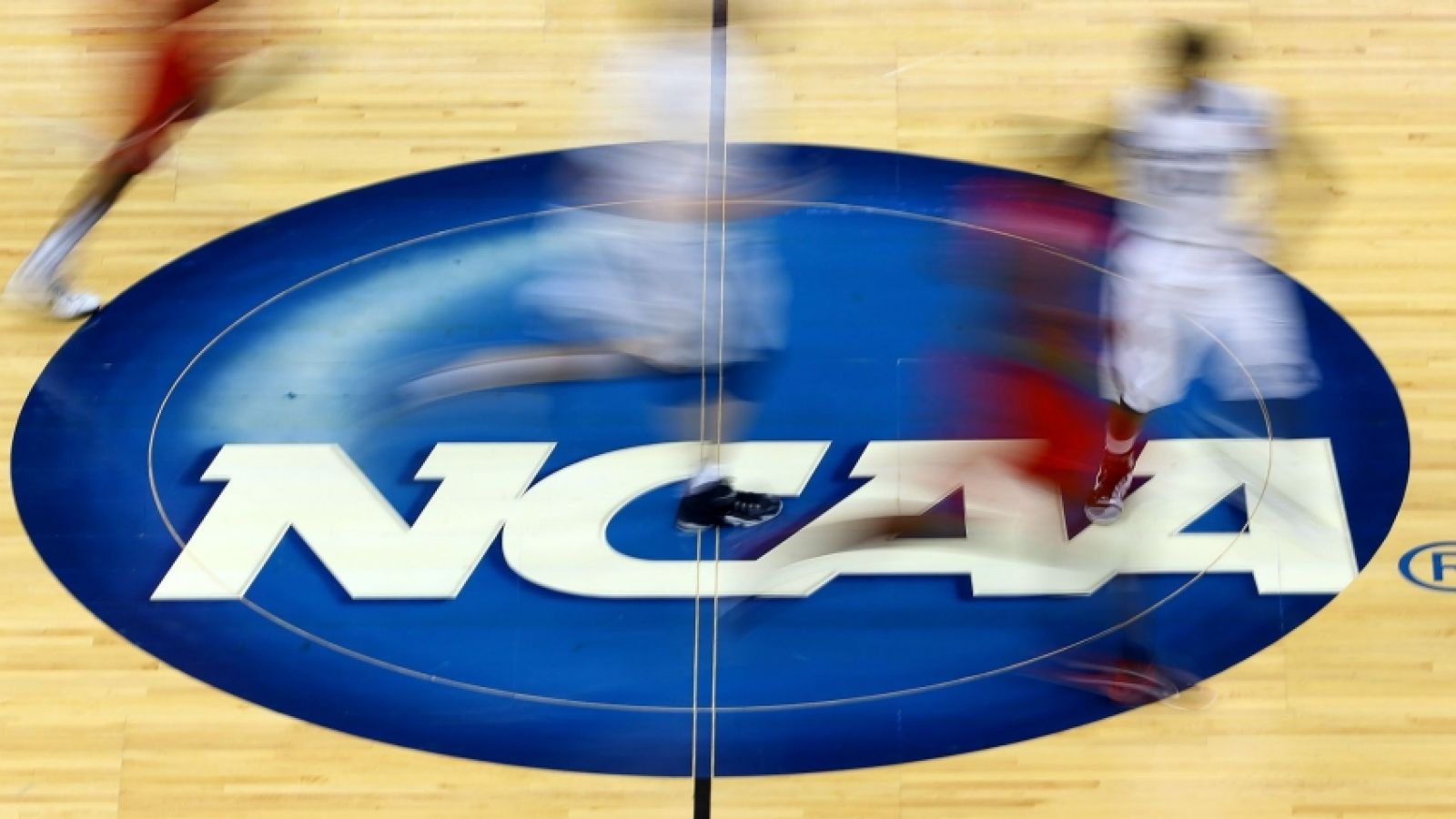
Tags: Basketball, American Football, Baseball, Ice Hockey, Mlb, Nba, Nfl
The NCAA has announced that its board of governors is in favour of a rule change that would allow athletes to receive compensation for endorsements as well as opportunities involving social media platforms and personal appearances.
It is a step the NCAA had been moving towards after a number of states passed legislation that would prohibit its member institutions from denying athletes the opportunity to use their name, image or likeness to earn income.
The proposal is based off recommendations made by the Federal and State Legislation Working Group panel the NCAA created last year.
"Throughout our efforts to enhance support for college athletes, the NCAA has relied upon considerable feedback from and the engagement of our members, including numerous student-athletes, from all three divisions," said board chairperson and Ohio State president Michael Drake.
"Allowing promotions and third-party endorsements is uncharted territory."
The changes would go into effect beginning with the 2021-22 academic year if approved, with a formal vote scheduled to take place at the next NCAA convention in January.
The working group said it will put several guardrails into place to ensure a level playing field.
Athletes will be prohibited from using their image and likeness for recruiting purposes and any compensation earned by an athlete must be separate from his or her school or conference.
"As we evolve, the Association will continue to identify the guardrails to further support student-athletes within the context of college sports and higher education," said Big East commissioner and working group co-chair Val Ackerman.
The NCAA said it still will seek federal legislation that would ban individual states from enacting their own laws regarding athlete compensation.
"The evolving legal and legislative landscape around these issues not only could undermine college sports as a part of higher education but also significantly limit the NCAA's ability to meet the needs of college athletes moving forward," Drake said.
"We must continue to engage with Congress in order to secure the appropriate legal and legislative framework to modernize our rules around name, image and likeness.
"We will do so in a way that underscores the Association's mission to oversee and protect college athletics and college athletes on a national scale."
LATEST STORIES
Baylor to take on Mississippi State in first round of NCAA Tournament on Friday
- 2025-03-17 15:18:11
- Hits 259
Edgecombe scores 16 as Baylor Bears defeat Mississippi State Bulldogs 75-72 in first round of NCAA Tournament
- 2025-03-21 15:38:39
- Hits 168
